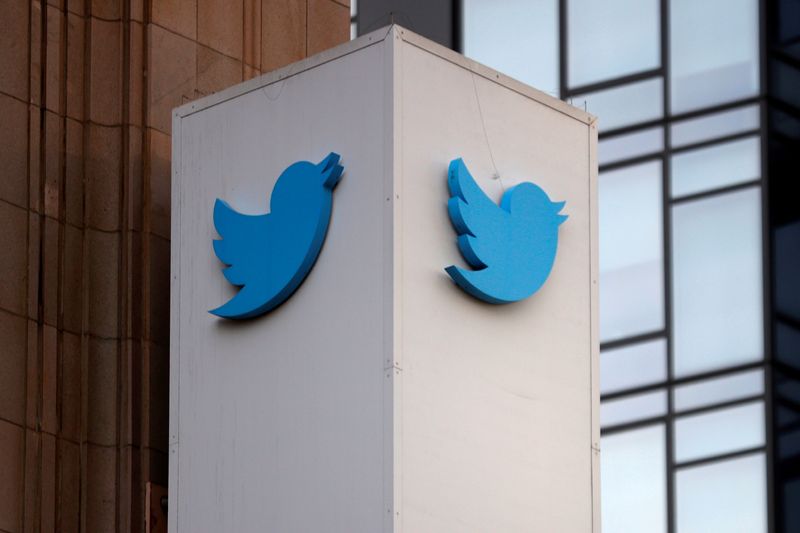This post was originally published on this site

Investing.com– Elon Musk said on Wednesday that Twitter’s Blue Verified feature will relaunch on November 29, after the social media platform paused the subscription service following a spike in fake accounts and misinformation.
The service, which charged users $8 a month for a blue check on their Twitter profile, saw the creation of a slew of fake accounts impersonating large companies and major personalities. The service was introduced by Musk, who recently acquired Twitter, as a means of weaning the site off advertising revenue.
Musk tweeted that the feature will be relaunched later in the month to ensure it is “rock solid.”
Twitter’s blue check was previously reserved only for accounts which the platform would verify through a series of internal checks. Musk had criticized this verification process, comparing it to a feudal system.
But the introduction of the subscription service saw several fake accounts impersonating major brands including Musk’s Tesla Inc (NASDAQ:TSLA), SpaceX, Nestle SA (SIX:NESN) and Roblox Corp (NYSE:RBLX), all sporting a blue check through the subscription service.
This also resulted in some real-world repercussions, after drugmaker Eli Lilly and Co’s (NYSE:LLY) share price plummeted after an account masquerading as the firm’s corporate account tweeted that the firm was making insulin free. A report suggests that Lilly is now considering pulling its advertisements from Twitter.
The social media platform had then clamped down on the feature, preventing accounts created after November 9 from subscribing to the check mark, and also briefly locking users from changing their display names.
Musk also announced measures against parody accounts, and introduced an “official” label for accounts that were verified before the introduction of the subscription service.
The Blue Verified feature was met with a mixed reaction from users and advertisers on Twitter, with several firms pulling their advertisements after its introduction.
Musk’s takeover of Twitter also spurred sprawling changes in the social media giant, with the company laying off roughly half its workforce and issuing a ban on remote work for its employees.

